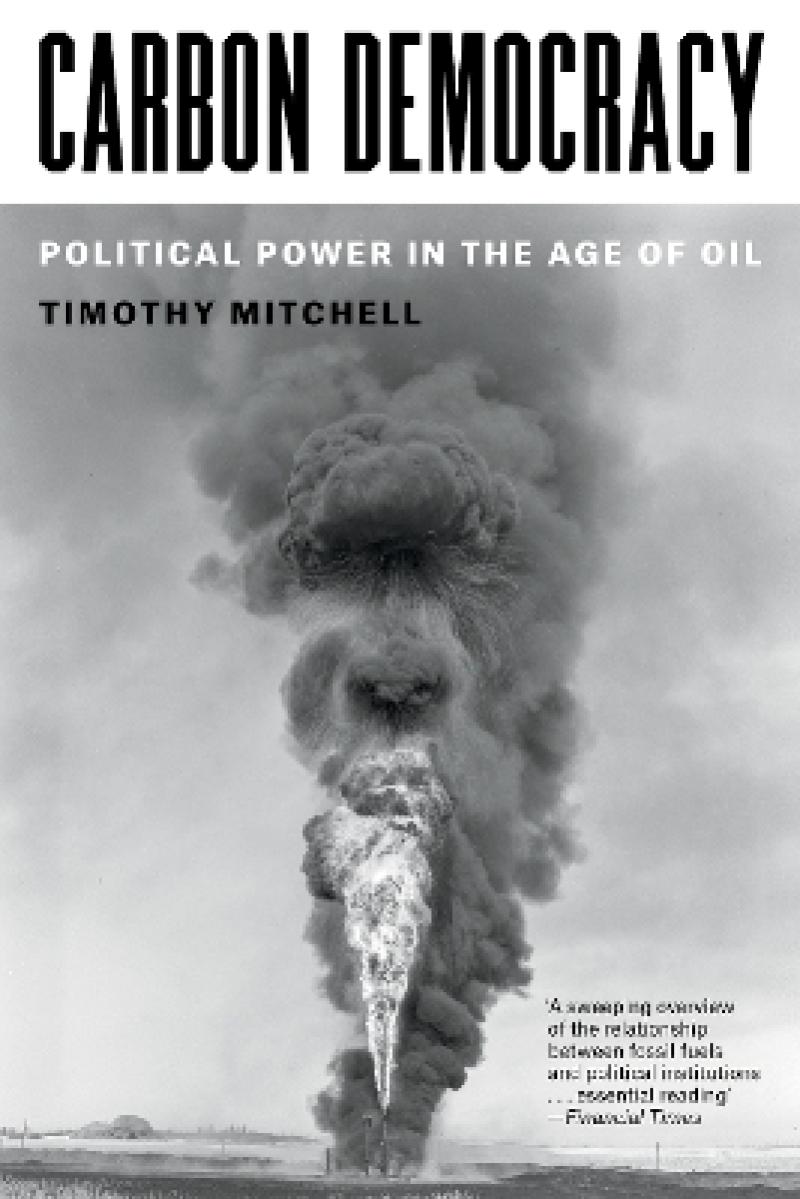A challenging, sophisticated, and important book that undermines expectations in the best kind of intellectual provocation.
Foreign Policy
It's a book that tackles a really big subject, in a sweeping but readable fashion, and after reading it, it's hard to imagine thinking about political power the same way again ... This book utterly blew me away.
- Matt Stoller, Naked Capitalism
Timothy Mitchell's <i>Carbon Democracy </i>examines the simultaneous rise of fossil-fuelled capitalism and mass democracy and asks very intelligent questions about the fate of democracy when oil production declines.
- Benjamin Kunkel, New Statesman
A brilliant, revisionist argument that places oil companies at the heart of 20th century history - and of the political and environmental crises we now face...If we're ever to curb such behaviour, and to regain some comprehension of our planet's preciousness, we need first to understand how it came about. Not a book for the season of indulgence, this one. But one that demands to be widely shared.
- Susanna Rustin, Guardian
<i>Carbon Democracy</i> is a sweeping overview of the relationship between fossil fuels and political institutions from the industrial revolution to the Arab Spring, which adds layers of depth and complexity to the accounts of how resource wealth and economic development are linked.
Financial Times
This study of the basis of modern democracy over the past century connects oil-producing states of the Middle East with industrial democracies of the West. Mitchell argues that carbon democracy in the West has been based on the assumption that unlimited oil will produce endless economic growth, and he concludes that this model cannot survive the exhaustion of these fuels and associated climate change. Tim Mitchell has written a remarkable book that deserves a wide audience.
- Mahmood Mamdani, author of <i>Good Muslim, Bad Muslim</i>,
A remarkable account of the politics of oil and nation building in the Middle East.
The Herald
An insightful historical account of how changes in energy production have expanded and restricted possibilities for democratic governance. Mitchell's provocative approach is a critical intervention into the study of the politics of energy. Recommended.
Choice: Current Reviews for Academic Libraries
For the updated edition of this classic title, Timothy Mitchell has written a new preface, reassessing its arguments in the light of recent political events.
